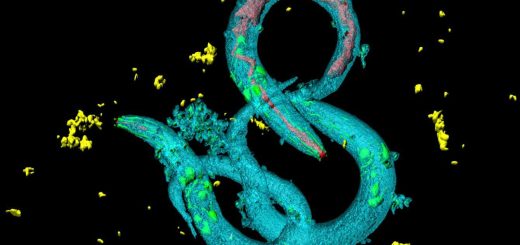Retinal images could predict future risk of heart or lung disease
People with unusually thin retinas are at greater risk of later developing bronchitis and other conditions, suggesting retinal scans could eventually become a component of routine health screening
By O. Rose Broderick
24 January 2024
A retinal scan might reveal important information about your future health
Yuri Arcurs / Alamy
Want to know more about your future risk of developing heart or lung problems? Your retinal thickness might hold important clues.
Researchers have previously established links between the thickness of the retina and whole-body health, but a new study provides more detail about its potential for predicting future risks.
Read more
A longevity diet that hacks cell ageing could add years to your life
Advertisement
Using data from 44,828 participants, an international research team found that having thinner retinas was correlated with an increased risk of ocular, neurological and cardiovascular diseases. Most notably, this is the first study to find that a thinner retina increases someone’s risk of developing a lung condition like bronchitis or emphysema later in life.
The data came from the UK Biobank, an enormous medical database that contains anonymous details about the health and genetics of around half a million people in the UK. The retinal images included in the data were captured using a non-invasive procedure called optical coherence tomography. Ophthalmologists routinely use this technique to determine a patient’s risk for various eye conditions, including macular degeneration and glaucoma. The procedure captures information about the retina – which is usually 0.5 millimetres thick – and its internal layers.
Nazlee Zebardast at Harvard Medical School, one of the study authors, hopes the study will eventually expand how optical coherence tomography is used. Beyond simply giving details about the eyes, she would like to see it become a tool for providing future health information about the whole body.


